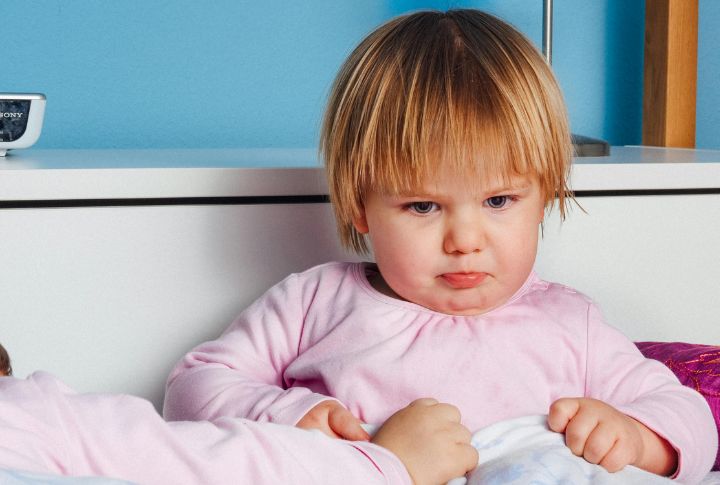
Children often lie, act up, lash out, or test limits as they grow up. But some behaviors go beyond typical mischief. Experts say that in some cases, the signs may be early clues that your child is developing sociopathic tendencies. If a child’s actions leave you unsettled for reasons you can’t explain, this list might help you understand why.
Consistently Lies Without Remorse

Ever catch a child lying, then watch them double down without flinching? That’s more than fibbing. Chronic lying, even when exposed, is a sign of deeper underlying traits. If your kid lies without purpose or guilt, but for amusement or control, you may need to pay extra attention to them.
Hurts Animals Or Other Kids For Fun
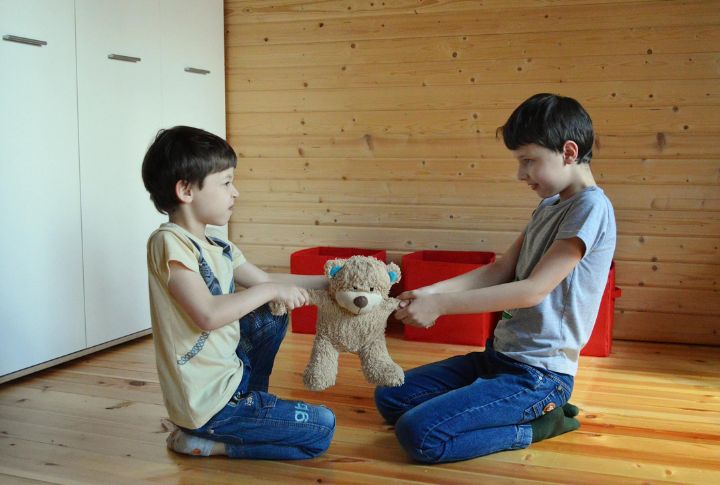
Most children love animals. But when a child targets smaller pets or picks on weaker kids, you’re looking at a subtle hint at conduct disorders. Then, if confronted, they mimic guilt while the behavior continues secretly. If you discover this pattern in any kid, you must take immediate action.
Lacks Genuine Empathy For Others

Your child shouldn’t shrug when others cry or dismiss their peer’s pain as “not a big deal” without offering comfort. It’s not normal. This lack of concern should be a concern for any good parent. Otherwise, their young one may turn out to be a cold and calculated sociopath who lacks empathy.
Shows No Guilt After Doing Something Wrong
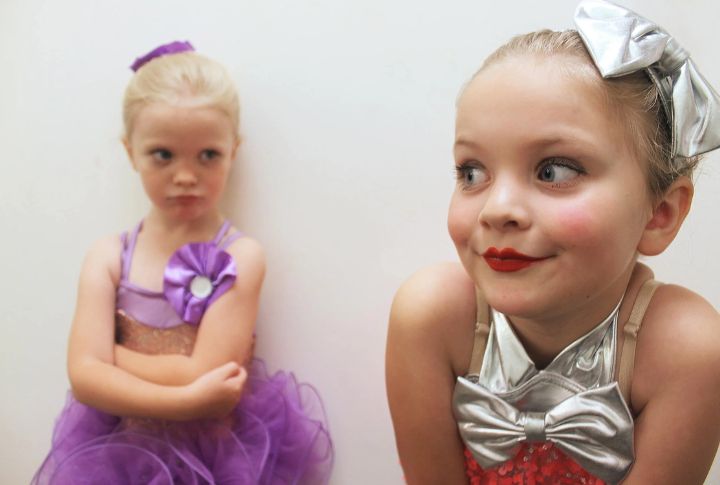
Although guilt is a learned emotional response, its absence can signal serious behavioral concerns. It’s also not normal to raise a kid who stays indifferent, especially after harming others or gets annoyed when expected to care. When forced to apologize, their words may sound rehearsed with more performance than remorse.
Enjoys Manipulating People For Control

Manipulative behavior is common in children developing sociopathic traits. They know what to say to get what they want, even from adults. These children learn which emotional buttons to push early on in parents, teachers, guardians, and peers, and treat people like chess pieces.
Fakes Emotions To Get Their Way
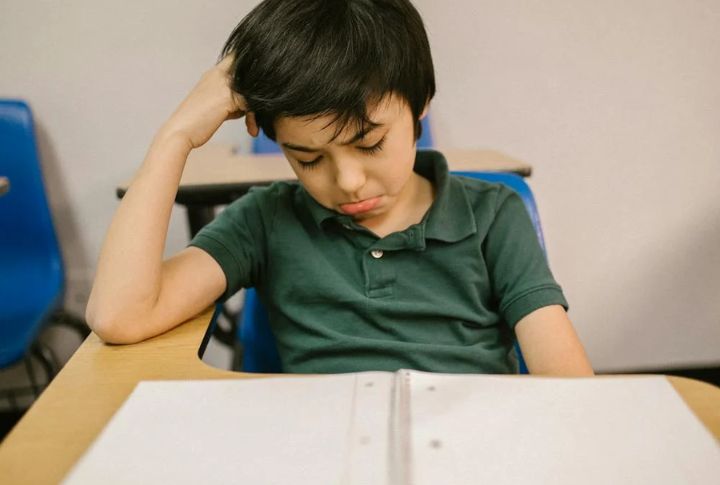
Some kids mimic emotions like sadness or joy, but only when it benefits them. Crying on cue to dodge consequences is more about deceit than empathy. The best way to notice this is to discover whether that kid’s tears fall as fast as they disappear. Perhaps what appears to be a profound feeling may be a performance.
Frequently Destroys Property Without Cause
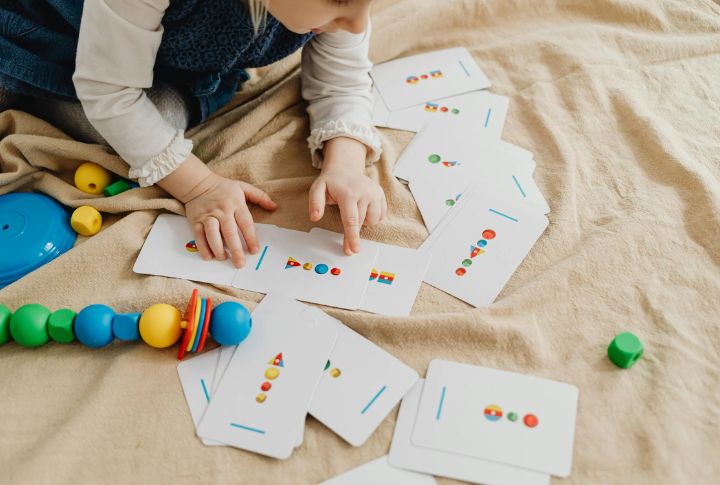
It’s not always an accident when kids repeatedly destroy objects without accountability. Don’t disregard the repeated destruction of objects because it signals a more profound disregard for rules and consequences. Without proper care, this behavior could escalate over time, from toys to personal or school property.
Bullies Others Without Regret

Sociopathic behavior in kids can include repeated verbal or physical bullying. When bullies use words or fists to dominate others, there’s cause for alarm. And it’s even worse when they show no remorse afterward or blame the victim, claiming “they deserved it.” Surprisingly, they may act charming around adults.
Doesn’t Learn From Consequences Or Punishment

Most kids learn to avoid trouble after being disciplined. But if your child keeps repeating harmful behavior even after facing consequences, that’s a red flag. Timeouts, lost privileges, or other punishments may seem to have an effect—until they do the same thing again, like nothing happened.
Has An Unusual Fascination With Violence

Almost all of us drew funny-looking monsters as kids. But if every sketch is violent, it’s time to take a closer look. Children shouldn’t obsess over graphic violence, especially outside of age-appropriate content. Likewise, it’s not a curiosity for young people to laugh at disturbing scenes or casually describe harming others; it’s a pattern.
Repeatedly Breaks Rules Without Fear

Every child tests limits. But some do it consistently without hesitation. Don’t label kids who break rules with zero fear of consequences as “normal,” especially if they brag about getting away with it. If you continue to treat their actions with levity without serious intervention, you may be enabling their next act.
Struggles To Form Real Friendships

Sociopathic people sadly can’t keep friends for long because real friendships require empathy. They may seem friendly, but drop people when they no longer benefit them. This act makes their relationships feel one-sided and constantly short-lived. Other kids sense it too and tend to keep their distance without even knowing why.
Gets Angry When Not In Control

Be cautious when a child has a meltdown due to tiny changes beyond their control. People who demand control often lash out when they’re not in charge. Suddenly, everything becomes a threat. In response, they may try to “punish” others for not doing what they want or sabotage group efforts in an attempt to regain control.
Pretends To Care For Praise Or Rewards

Children showing sociopathic traits may act helpful only when adults are watching. They know how to appear sweet for praise by being caring or volunteering to help, not out of genuine kindness, but to enhance their image. However, when there’s nothing to gain, the warm and caring behavior usually disappears.
Enjoys Causing Conflict Between People

Ever notice a child quietly fueling drama, then stepping back to enjoy the chaos? Some children stir trouble on purpose by spreading lies or secrets to watch people quarrel. They don’t feel bad. They may sit back and watch the fallout with no guilt, smiling through the tension.
Has A Pattern Of Cold, Calculated Behavior

One of the most apparent long-term signs is deliberate, emotionless planning to achieve their goals, regardless of the consequences for others. These children plan their actions carefully without panic or emotion. The strategic, chilling behavior is bad, but nothing compared to the complete lack of emotional connection to the outcome.
Blames Emotions On Others

Rather than owning their anger or sadness, these children flip the script. “You made me do this” or “It’s your fault I got mad” are common phrases. This emotional outsourcing avoids accountability and builds a foundation where empathy is replaced with blame and control strategies.
Uses Personal Secrets As Leverage

A child who gathers personal details from others and later uses them to embarrass, threaten, or gain power is displaying troubling emotional detachment. It’s not curiosity—it’s calculated control. If this pattern repeats, especially without remorse, it points to a deeper manipulation style beyond age-typical social missteps.
Seems Bored By Positive Social Moments

Birthday parties, family gatherings, team games—most kids light up during these. But some show indifference or even irritation when others are happy. A child who disengages or sabotages joyful social events may be emotionally detached or resentful of other people’s happiness.
Gets Satisfaction From Breaking Trust

If a child finds joy in betraying confidences—such as exposing secrets just to see someone upset or lying deliberately to stir trouble—it reflects more than immaturity. Repeatedly breaking trust for amusement or dominance reveals a deeper disregard for emotional bonds and can signal long-term interpersonal dysfunction.

